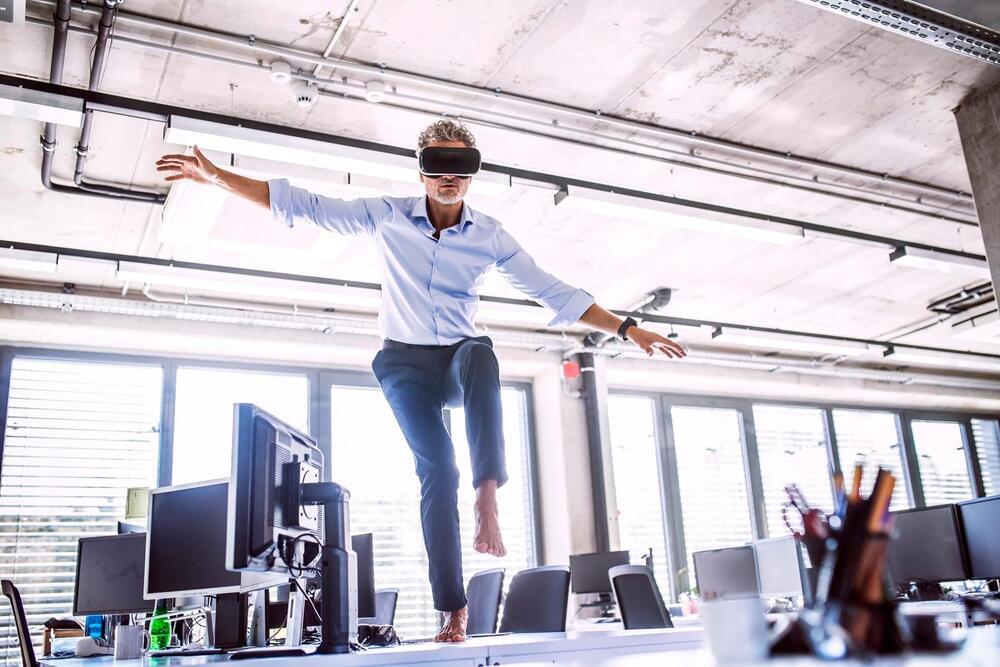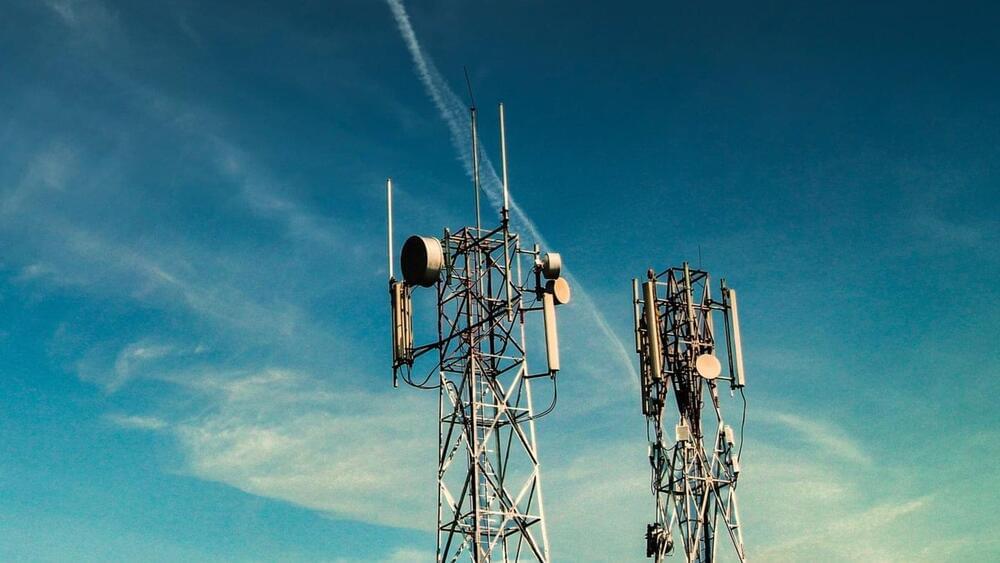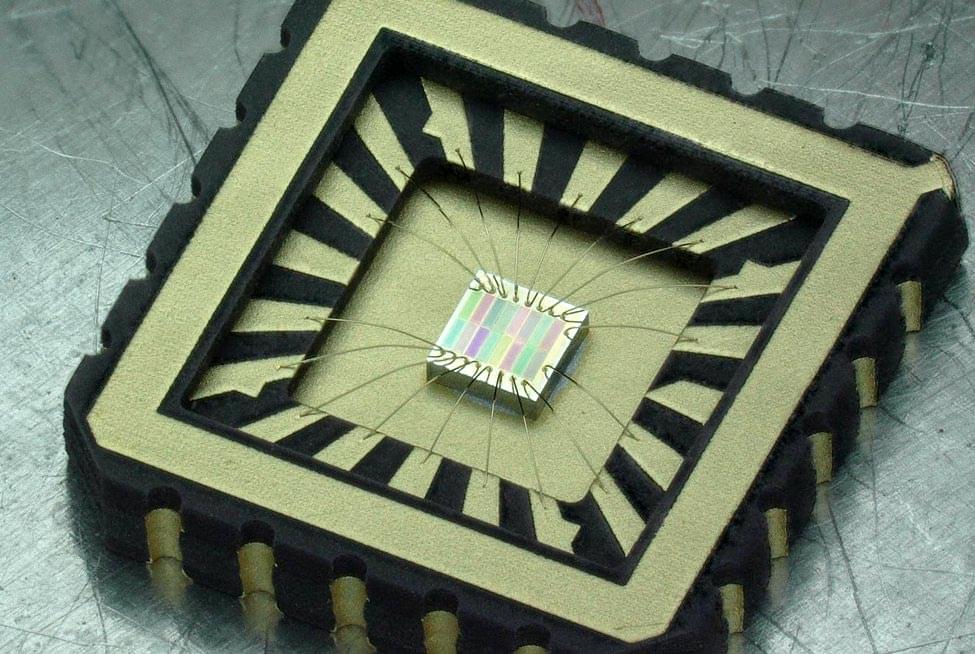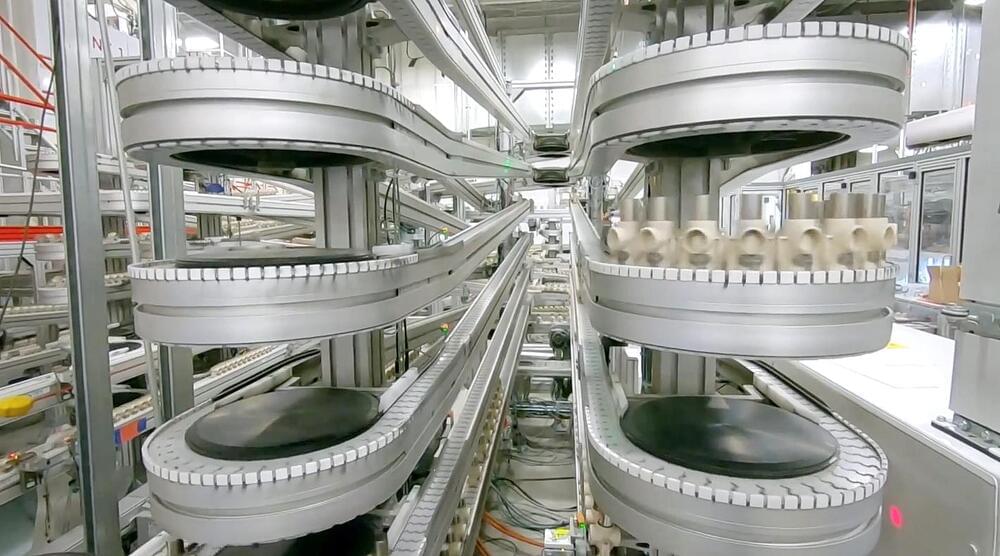Jan 24, 2022
The Metaverse Set Off A Battle Between Tech Giants Google, Apple, Microsoft And Meta To Build Virtual And Augmented Reality Headsets
Posted by Shubham Ghosh Roy in categories: augmented reality, computing, mobile phones
Google’s AR headsets, internally codenamed Project Iris, are expected to be released in 2024. Its device uses “outward-facing cameras to blend computer graphics with a video feed of the real world, creating a more immersive, mixed reality experience than existing AR glasses.” The hardware is “powered by a custom Google processor, like its newest Google Pixel smartphone, and runs on Android, though recent job listings indicate that a unique OS is in the works.”
Google Glass, the prior foray into AR, didn’t gain widespread consumer interest or adoption. The Verge says that the work on the project began to pick up speed recently. As of now, there isn’t a “clearly defined go-to-market strategy.” According to the Verge, Google is keeping the project secret, requiring “special keycard access” and “non-disclosure agreements.”
Facebook said it would hire around 10,000 workers around the world to build Meta and related products. A search on LinkedIn’s job board for “metaverse” shows thousands of listings. For people looking for fast-growing opportunities, you may want to look at pivoting into virtual and augmented reality and related opportunities in the metaverse.


















